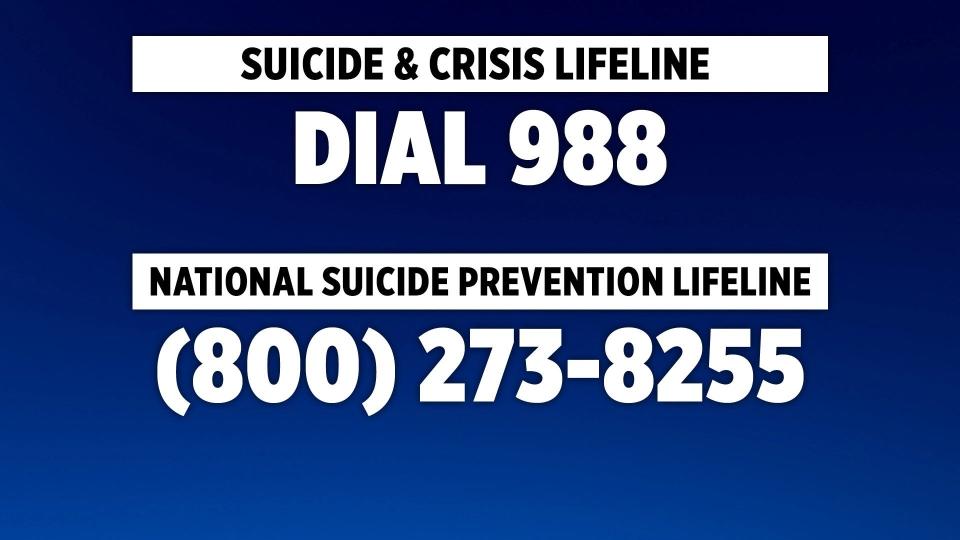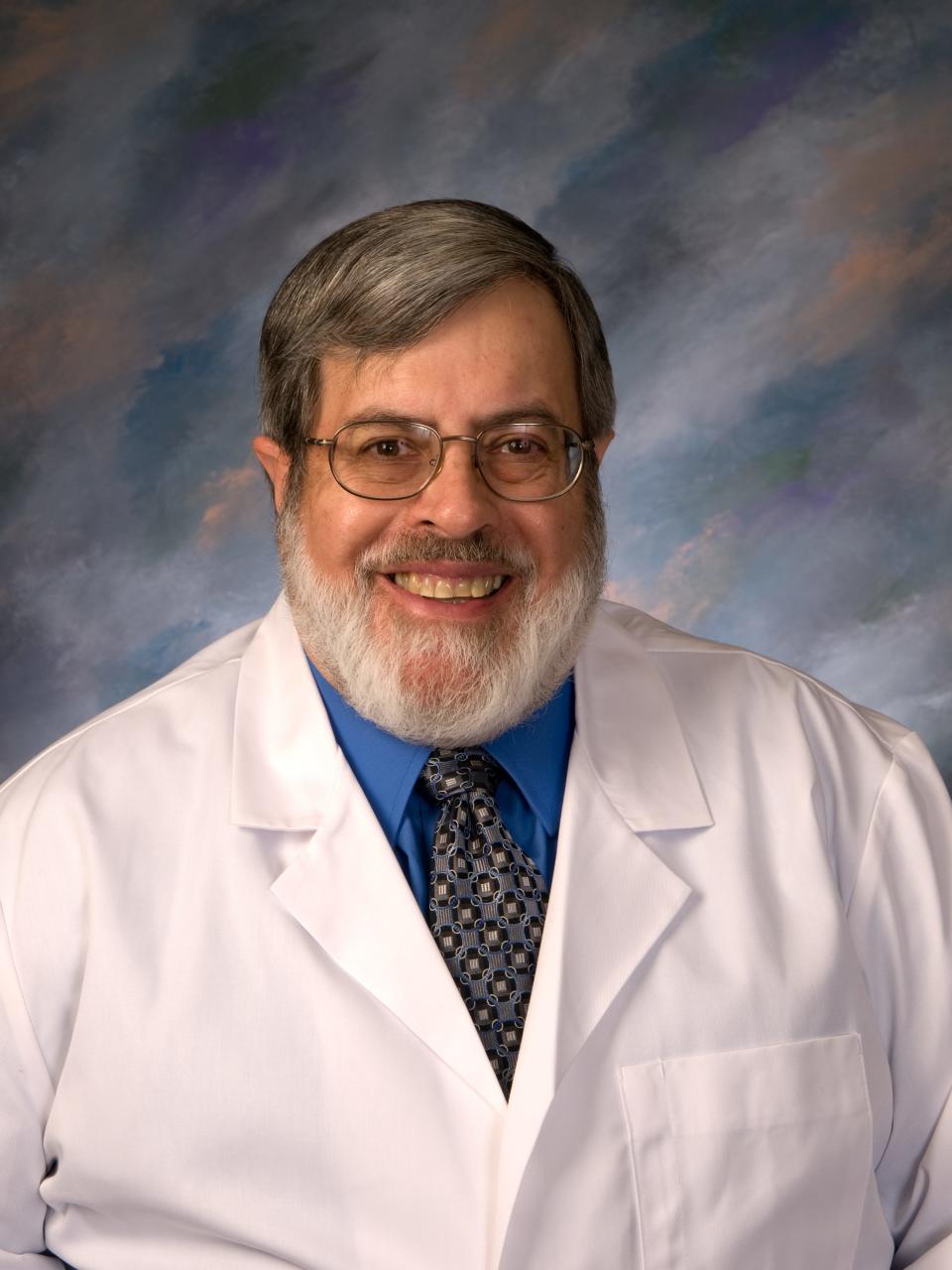Physicians have an elevated risk of suicide. Legislation and the 988 Lifeline can help
- Oops!Something went wrong.Please try again later.
Editor's note: This op-ed discusses suicide. If you or a loved one are at risk, contact the 988 Suicide & Crisis Lifeline for support.
In the realm of healing, physicians are the unsung heroes. Yet, behind the white coats and stethoscopes, there is a pressing concern that demands the greater society’s attention: the wellness of our healers themselves. As we strive for a healthier Tennessee, it is imperative that we address the alarming rates of burnout, stress and, tragically, suicide among our health care professionals.
Sept. 17 is National Physician Suicide Awareness Day
September is National Suicide Prevention Awareness Month and Sept. 17 is National Physician Suicide Awareness Day. As immediate past president of the Tennessee Medical Association and chair of the TMA Physician Wellness Committee, I call upon our community to recognize the profound connection between physician well-being and patient care.
Recent statistics underscore the urgency of this issue. The World Health Organization defines burnout as “a syndrome conceptualized as resulting from chronic workplace stress that has not been successfully managed.” Nationally, a staggering 42% of physicians experience burnout, a rate far higher than in many other professions. In our own state, the numbers are no less concerning. Prior to the COVID-19 pandemic, more than 50% of Tennessee physicians reported symptoms of burnout. These figures point to a critical state of affairs, highlighting the pressing need for systemic intervention.

Perhaps even more distressing is the elevated risk of suicide among physicians. Those who dedicate their lives to preserving life are themselves at a higher risk, facing a suicide rate significantly above the national average. It is a stark reminder that while physicians are experts at mending the body, they are not immune to the challenges of mental health. This harsh reality calls for immediate and concerted efforts to prevent such tragedies.
The recent introduction of the 988 Suicide & Crisis Lifeline by the Federal Communications Commission offers a glimmer of hope. Just as 911 is ingrained in our collective consciousness, 988 will soon serve as a lifeline for individuals, including health care professionals, in crisis. This initiative is a pivotal stride in deconstructing the barriers that hinder seeking help and underscores the importance of accessible support for all.
Hear more Tennessee voices: Get the weekly opinion newsletter for insightful and thought-provoking columns.
However, true change requires a multi-faceted approach. The journey starts with eradicating the stigma attached to seeking help and fostering workplaces that prioritize the well-being of physicians. Health care institutions, policymakers and the community all play pivotal roles in shaping an environment of support and wellness. We must emphasize proactive measures such as prevention, early intervention and comprehensive mental health services.
Remove stigmatizing questions on applications
The TMA is addressing the issue legislatively, by working to remove stigmatizing questions on licensure, renewal and credentialing applications, which may serve as barriers to seeking routine mental health treatment. Credentialing applications at all levels need to focus on current impairment to provide professional patient care rather than asking about past mental health history or even current treatment.
Physician wellness is not an isolated concern — it directly correlates with patient outcomes. A physician who is well-rested and mentally resilient can provide higher-quality care, leading to healthier patients.
This symbiotic relationship between provider wellness and patient health cannot be overstated. When physicians are thriving, patients are thriving.
In our pursuit of better physician well-being, the 988 hotline emerges as a beacon of hope. Yet we must also remember this journey is a shared one. As Tennesseans, we have a duty to stand united in support of our health care heroes. By prioritizing physician wellness, we are enhancing the well-being of every citizen across the state.
If you or someone you know is struggling, remember that help is just a call away. The 988 Suicide & Crisis Lifeline is here to provide guidance, solace and resources.

In this crusade, let us harness the power of unity, compassion and action. Let us script a narrative where physician well-being isn't an afterthought but a cornerstone of our health care system. The result? A healthier, happier Tennessee for us all.
Dr. Ed Capparelli is immediate past president of the Tennessee Medical Association, chair of the TMA Physician Wellness Committee and an Oneida family physician.
This article originally appeared on Knoxville News Sentinel: Physicians have an elevated risk of suicide. Here's how to help them

